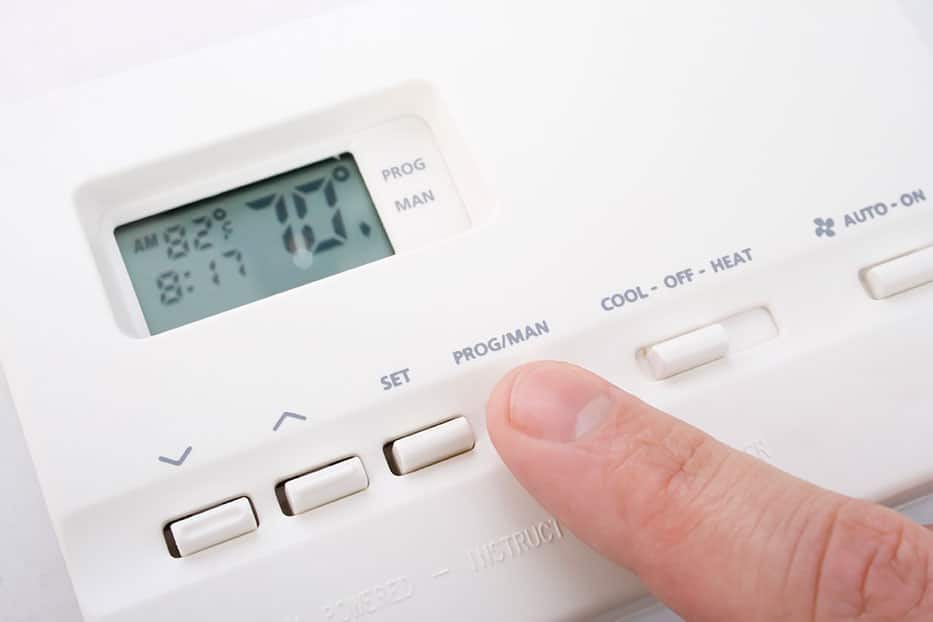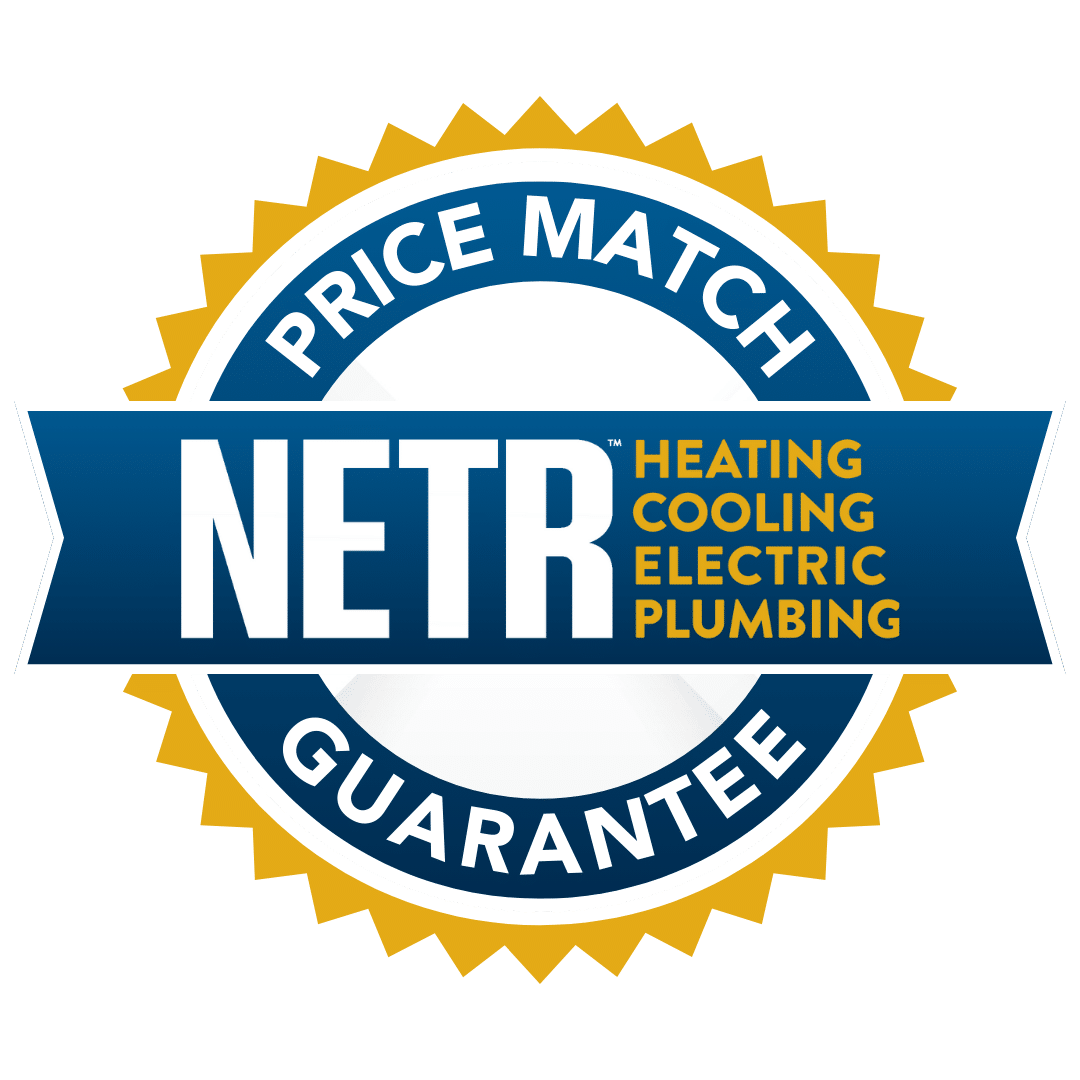Are you looking for a more efficient way to heat and cool your home? Inverter-based HVAC systems can help you reduce energy use and maintain your comfort by adjusting output to demand. Below, we cover how these systems work, the benefits of inverters, and why this type of system can be a valuable investment for your space.

How Do Inverters Differ from Fixed-Speed Compressors?
Inverters and fixed-speed compressors have different ways of controlling the unit’s motor. A fixed-speed compressor operates at a constant speed and turns on and off as needed to control the temperature within a space.
In contrast, inverter compressors continuously adjust their speed in minute increments to maintain the desired temp. These systems regulate the compressor’s power based on the needs of the room, which allows it to operate at lower speeds when less heating or cooling is required.
Think of it like cruise control for your car. Instead of stopping and starting in city traffic, which can be hard on your engine, you just increase or decrease your speed to accommodate surrounding highway traffic. An inverter works similarly.
By ramping up power to the compressor only when the demand is higher, you can reduce electricity use and create even temperatures throughout your space. It also puts less wear and tear on your equipment.
Watch
What Is a Heat Pump and How Does It Work? (Video)
Ductless System Efficiency (Video)
Listen
How Efficient are Ductless Systems? (Podcast)
7 Benefits of Switching to an Inverter-Based HVAC System
1. Better Energy Efficiency
Since inverter-based systems only make small adjustments to the compressor speed to meet your heating or cooling demand, they curb energy waste and help lower your utility bills. This efficient power modulation reduces the need for large power draws and prevents the system from overworking itself.
Listen
Ductless Heat Pump Efficiency and Energy Savings (Podcast)
2. Improved Comfort
These systems respond to changes in the environment more quickly than those using a fixed-speed compressor, which means you get precise temperature control and consistent heating or cooling. Plus, you can say goodbye to hot and cold spots.
3. Quieter Operation
Inverter-based systems are also quieter than systems that constantly have to turn on and off to maintain the temperature in your home. Inverter technology allows these units to run smoothly and discreetly, which makes them ideal for spaces where noise may be a concern.
4. Extended Equipment Lifespan
Inverter systems are built to last longer than traditional HVAC systems. Variable speed technology prevents hard on/off cycles, which reduces wear on internal components and extends the life of your equipment. With proper maintenance, you may get 20 years or more out of your system.
Listen
How Long Will a Ductless Heat Pump Last? (Podcast)
5. Better Indoor Air Quality
The continuous, efficient operation of inverter-based HVAC systems means that they also provide more consistent airflow. This is coupled with advanced filtration to reduce the accumulation of dust and allergens in your indoor environment. This improves your air quality and helps make your home a healthier space.
6. Lower Carbon Footprint
By operating more efficiently, inverter HVAC systems consume less energy and help reduce your overall carbon footprint. This means you reduce your reliance on fossil fuels and contribute to a greener environment while also enjoying a comfortable home.
7. Compatibility with Smart Home Features
It’s easy to pair an inverter system with smart home technology. This compatibility allows you to adjust your comfort from your phone and makes it easier to manage your energy use, so you always have full control over your system.
Get Superior Heating and Cooling with N.E.T.R., Inc. Today
As you can see, inverters offer improved efficiency, quieter operation, and better long-term savings. N.E.T.R., Inc. can take the headache out of making the switch and will help you choose the right inverter-based system for budget and needs. Contact us today by calling (781) 933-6387 and take the next step towards ultimate home comfort and energy savings.
Read

